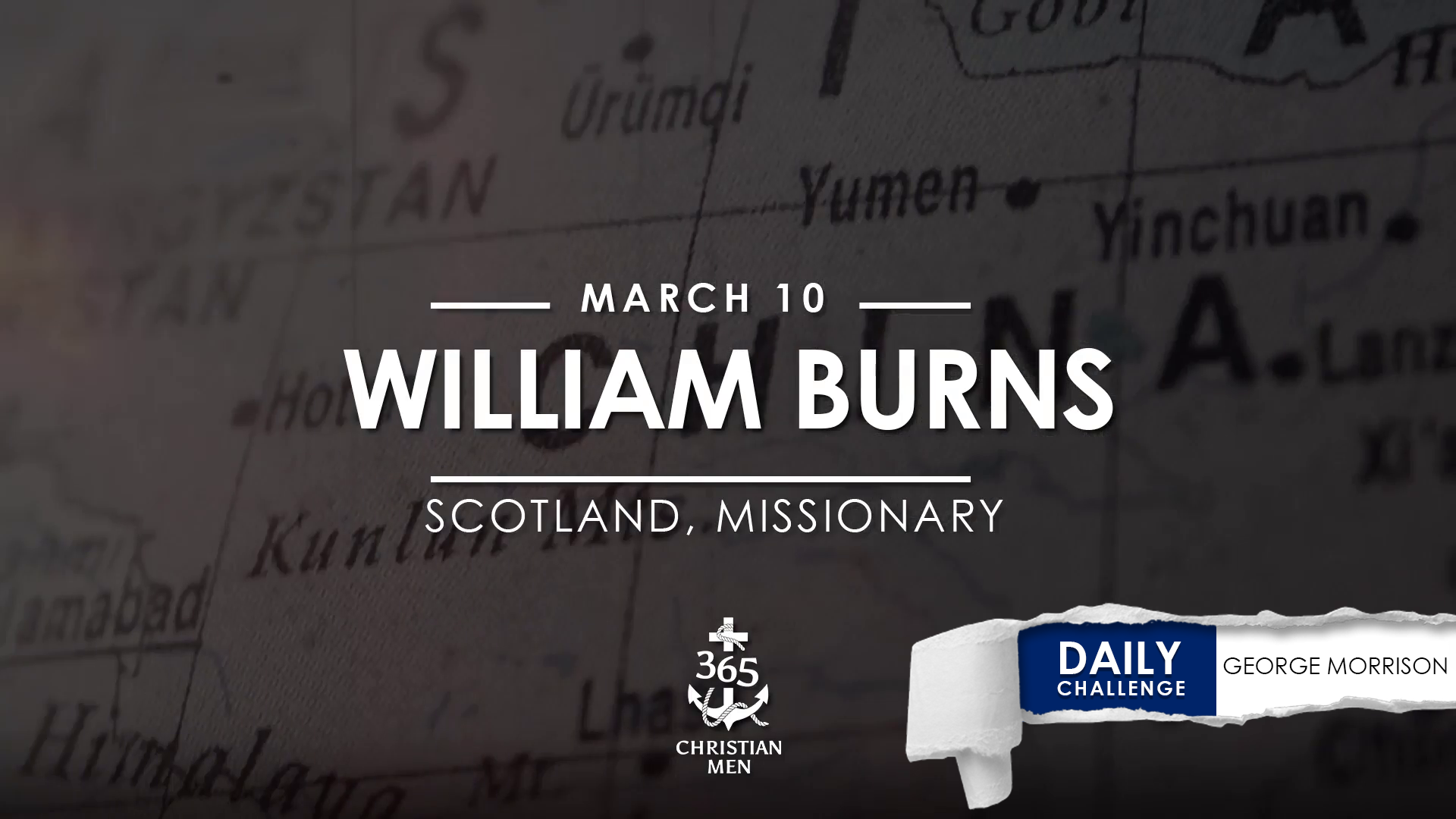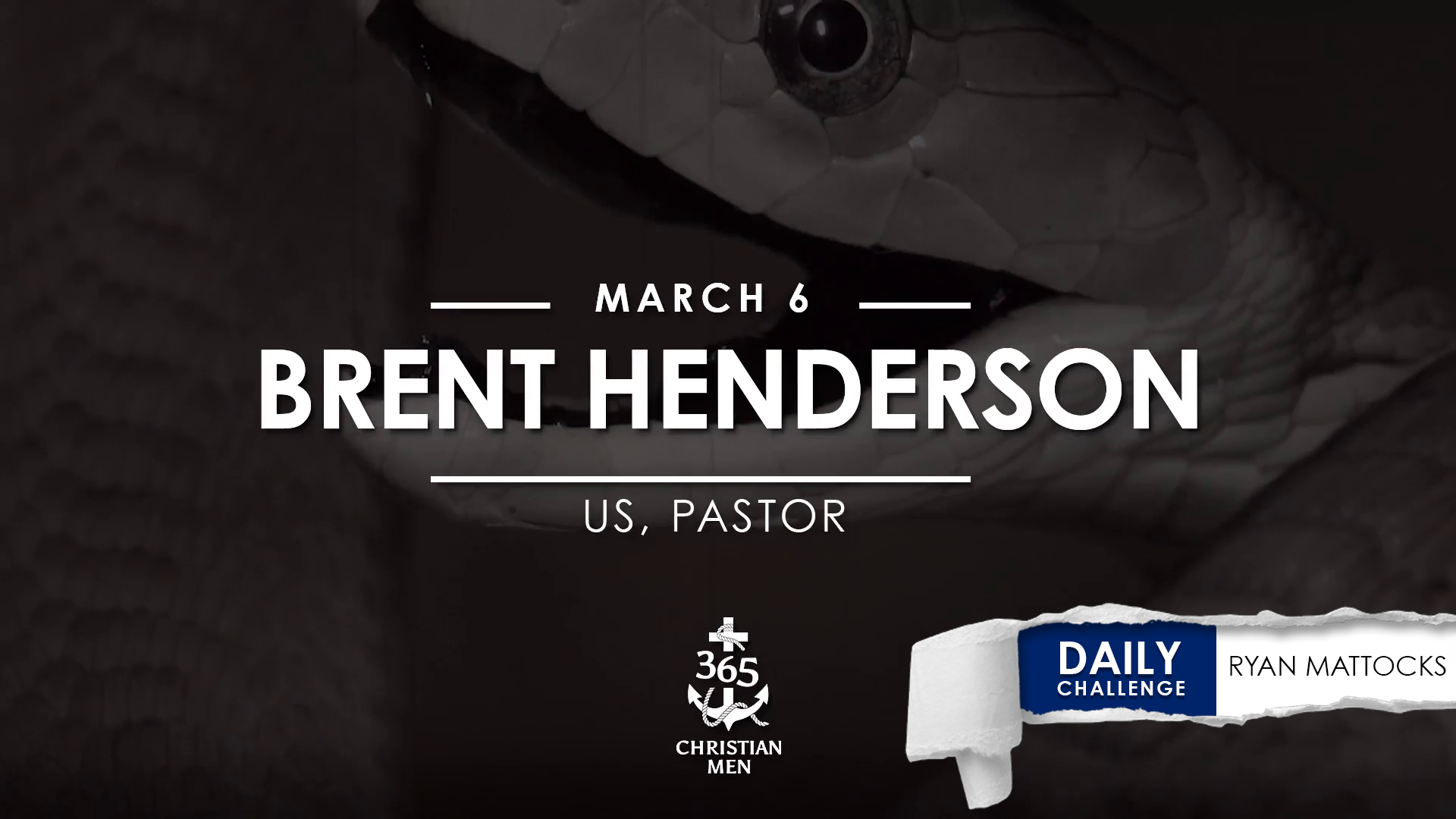March 14. Lecrae Moore. Known by a single moniker, Lecrae has won multiple Grammy awards, multiple Dove awards, and multiple Soul Train Music Awards. He also wrote Unashamed—“one man’s journey to faith and freedom.” He is a world-renowned gospel-hip-hop/rap recording artist, an entrepreneur, and a social activist.
His early life was troubled—no father, a single mother, abusive care-givers, and gangster uncles. He struggled with depression, thoughts of suicide, drug abuse, and alcoholism. As he puts it, he is “a real person who has been through real things.”
Lecrae didn’t do well in school but made it to college and had to drop out. But on this date in 2016, he received an Honorary Doctorate of Music from Toronto’s Canada Christian College. According to the college’s president, the decision was based on his talent, his achievements, and most importantly, his outreach to troubled youth. Lecrae is the youngest person in the institution’s history to receive this honor. Here is his story.
Be the role model boys and men need.
When Lecrae was a young boy, he desperately wanted a man to look up to.
He never met his father, a man who eventually became a drug addict. His mother, busy working to support her son, sometimes had to leave him in the care of others, like his grandmother. As he stayed in his grandmother’s house, he sometimes snuck downstairs to turn on the television when she wasn’t looking. That’s where he found rap music.
In rap, he found people who were significant. They shared about their struggles and celebrated their culture. To a boy like Lecrae, who wasn’t the best athlete or the best student, they were people to look up to.
But as he grew up, Lecrae looked up to other, harsher role models. He started doing drugs at sixteen. Fights were a constant struggle. In high school, he got arrested for stealing.
Lecrae desperately needed God, and when his mother offered him a Bible to read, he took the book and ripped out the pages.
When he was nineteen, however, a friend invited him to a youth conference. At first, Lecrae only went because he wanted to meet girls and go to parties in the city. But as he attended the conference, he realized there were other teens like him. They were from the inner city too, but they were different. They said Jesus had changed them.
Lecrae eventually gave his life to Christ and graduated from the University of North Texas. But he still had a heart for rap music. Lyrics and beats recounted his past struggles on the streets and how he had found victory in Christ.
When Lecrae volunteered at a juvenile detention facility in Dallas, he decided to share the songs he wrote with the youth. As he performed for them, he noticed their reactions change. The kids began to cry, and Lecrae kept on rapping his songs and connected with them.
Lecrae knew what they were going through. He knew what it was like to struggle with significance and not having a role model. He knew that deep down, many of the kids were just needing to hear the hope he now had.
Time after time, after each performance, the kids begged for more. “Can you do that song again?” they asked. “I just need that to hold on to. I need something that’s gonna remind me that I need Jesus.”
Over and over, they begged to hear more, hungry to hear how much Jesus could help them and save their lives. That was when Lecrae realized he could use rap music to help others.
Just like Tupac and other rap artists had been an influence to him growing up, he could now use his music and story to influence others toward hope in Jesus. It wasn’t long before Lecrae went professional in his music and shared God’s hope with the entire world.
“[As you speak] to one another with psalms, hymns, and songs from the Spirit. Sing and make music from your heart to the Lord, always giving thanks to God the Father for everything, in the name of our Lord Jesus Christ” (Ephesians 5:19–20 NIV).
How can your life inspire others? Be the role model boys and men need.
Coleman, C. Vernon II. “Lecrae Receives Honorary Doctorate from Christian College in Canada.” March 27, 2016. XXL. https://www.xxlmag.com/lecrae-honorary-doctorate-christian-college-canada/.
Landrum, Jonathan Jr. “Christian Rapper Lecrae Opens Up about Troubled Past in Book.” May 12, 2016. AP. https://apnews.com/4c944508ad7e49ac9d2548dd4e3879a7/christian-rapper-lecrae-opens-about-troubled-past-book.
Longs, Herb. “Lecrae Drops New ‘Restoration’ Album.” August 21, 2020. The Christian Beat. https://www.thechristianbeat.org/index.php/new-music/8294-lecrae-drops-new-restoration-album.
Moore, Lecrae. “Lecrae’s Story.” Accessed October 14, 2020. I Am Second. https://www.iamsecond.com/seconds/lecrae/.
Jones, Kim. “Profile of Lecrae Moore, Christian Rapper: A Biography of Lecrae Moore.” Updated March 7, 2019. Learn Religions. https://www.learnreligions.com/lecrae-biography-708320.
Story read by Nathan Walker















